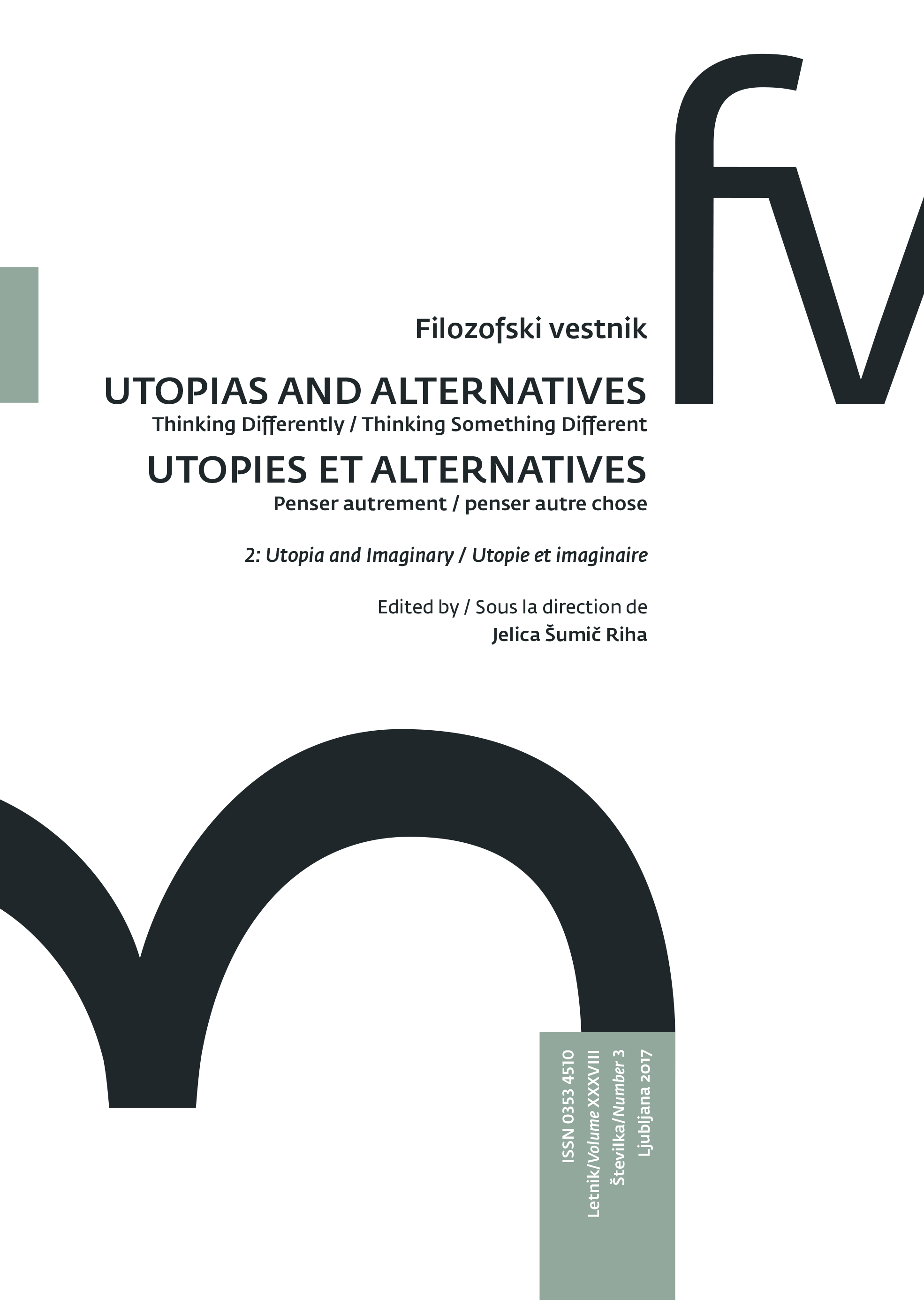Traumatic or Utopian Other? Conditions of Emancipation: Phantasy, Reality, and Depression
Keywords:
emancipation, voluntarism, phantasy, Other, utopia, traumaAbstract
If political voluntarism can be considered to be one of the crucial conditions of emancipation, enlightenment, and radical politics, what then are the conditions of political voluntarism? The author argues that neither an imaginary understanding of voluntarism nor a strictly realist take on the material foundations of politics can grasp what is here at stake. Rather, the symbolic dimension of politics and voluntarism has to be addressed in order to sketch out the potentialities as well as the limitations of the specifically modern forms of politics, which fundamentally intersect with subjectivities. Methodologically referring to a post-Lacanian understanding of the symbolic order and to a post-Kleinian conception of the relation between phantasy and reality, the essay attempts to envision the possibility of a politics of the symbolic. In keeping distinct from each other utopia and trauma, phantasy and reality, such a politics would not only resist the imaginary confusion of these categories as well as a realist determination, but it would also turn against its own idea of feasibility and control. Only by shedding its own ambitions, politics and volition alike, could it achieve its goals.
Downloads
Downloads
Published
How to Cite
Issue
Section
License
Authors guarantee that the work is their own original creation and does not infringe any statutory or common-law copyright or any proprietary right of any third party. In case of claims by third parties, authors commit their self to defend the interests of the publisher, and shall cover any potential costs.
More in: Submission chapter





